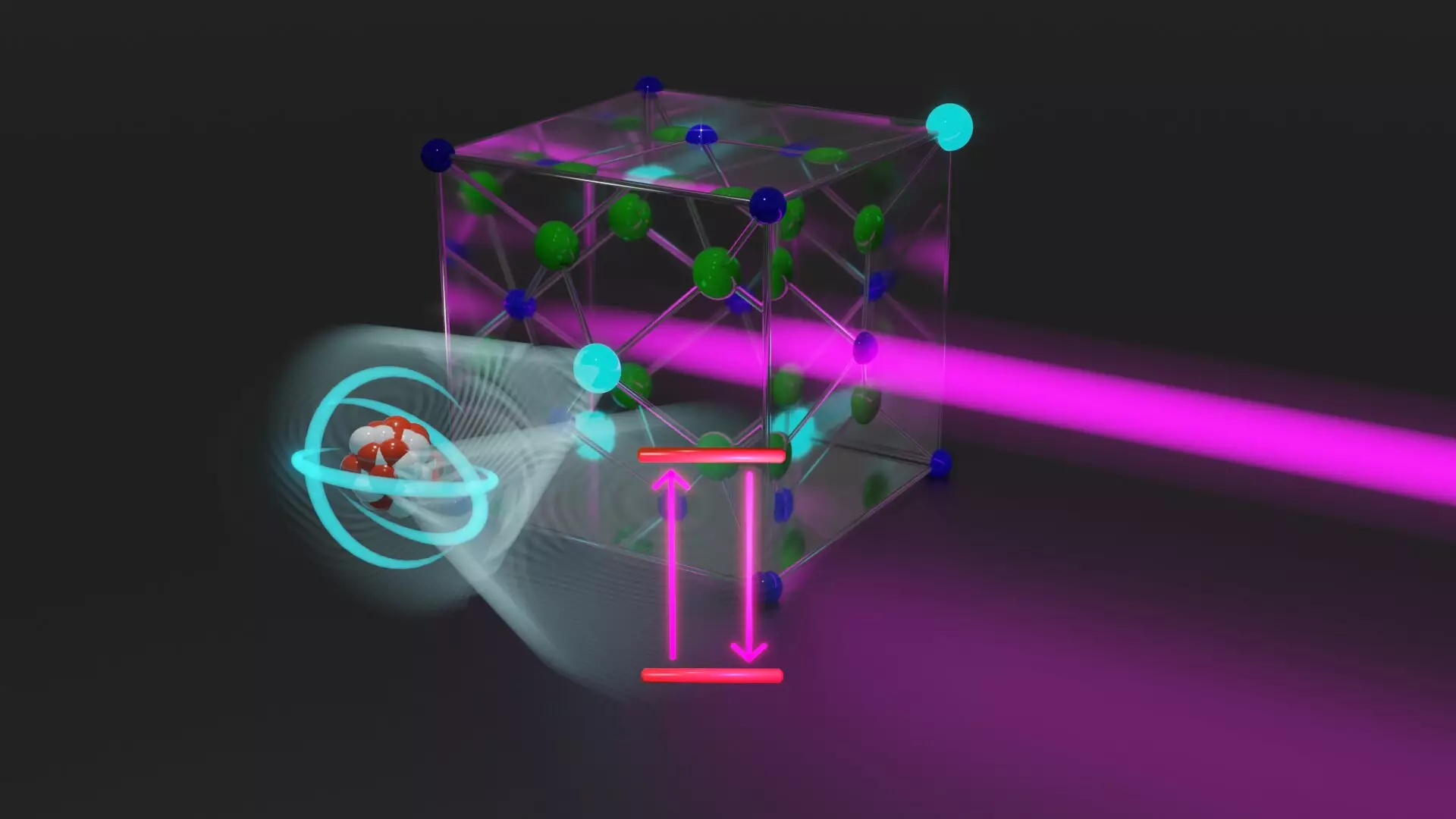The recent discovery of the thorium transition was a pivotal moment in the field of physics, marking the culmination of years of research and scientific exploration. Physicists across the globe have been diligently searching for this elusive state of thorium atomic nuclei, which promises groundbreaking technological advancements. One of the most exciting prospects is the development of a nuclear clock with unparalleled precision, capable of measuring time more accurately than current atomic clocks. Furthermore, this discovery opens up new avenues for addressing fundamental questions in physics, such as the variability of the constants of nature across different spatial and temporal dimensions.
The successful identification of the thorium transition represents a significant milestone in the integration of classical quantum physics and nuclear physics. By employing laser technology to elevate an atomic nucleus to a higher energy state and subsequently monitor its return to its original state, researchers have bridged two seemingly disparate realms of physics. This fusion of disciplines has paved the way for novel research opportunities and the exploration of previously uncharted scientific territories.
One of the key obstacles in manipulating atomic nuclei with lasers was the considerable energy requirement for inducing transitions between quantum states. Unlike atoms and molecules, atomic nuclei demand significantly higher energy levels for state changes, making laser manipulation seemingly unattainable. However, with the innovative development of thorium-containing crystals by a collaborative research team led by Prof. Thorsten Schumm from TU Wien and the National Metrology Institute Braunschweig (PTB), this technical barrier was overcome.
Thorium-229, with its unique energy configuration featuring closely adjacent energy states, emerged as a promising candidate for laser manipulation among atomic nuclei. Previous speculations dating back to the 1970s hinted at the possibility of leveraging a laser to induce transitions in thorium nuclei. However, the precise determination of the transition energy posed a formidable challenge, akin to locating a needle in a haystack or a treasure chest on a vast island. Through meticulous research and experimentation with thorium-containing crystals, the research team successfully pinpointed the thorium transition energy on November 21, 2023.
The successful identification of the thorium transition sets the stage for a new era of scientific exploration and technological innovation. The newfound ability to excite thorium nuclei opens up a myriad of possibilities, ranging from the development of ultra-precise atomic clocks to enhanced analysis of Earth’s gravitational field for resource detection and seismic activity monitoring. Moreover, this breakthrough could shed light on fundamental mysteries of physics by probing the constancy of nature’s parameters over time. As Prof. Thorsten Schumm articulates, this discovery is just the beginning, and the full extent of its potential remains to be unraveled.
The discovery of the thorium transition represents a triumph of perseverance, ingenuity, and interdisciplinary collaboration in the field of physics. By transcending traditional boundaries and harnessing the power of laser technology, researchers have unlocked a realm of possibilities for precision measurement, technological advancement, and scientific inquiry. The journey to this groundbreaking discovery underscores the importance of relentless pursuit in pushing the boundaries of scientific knowledge and fostering innovation in the pursuit of new frontiers in physics.


Leave a Reply